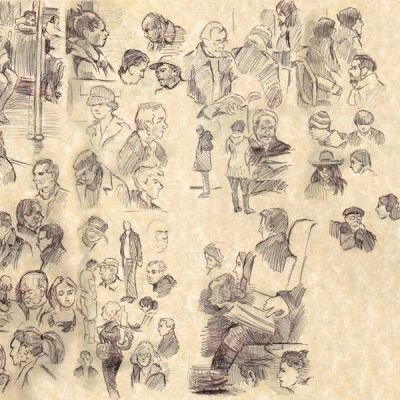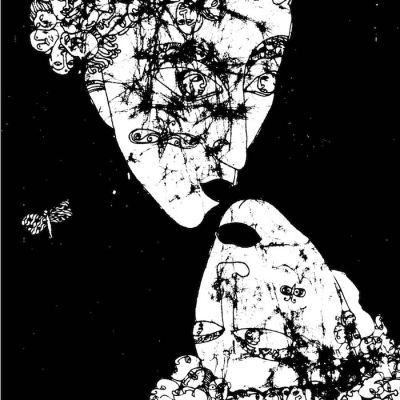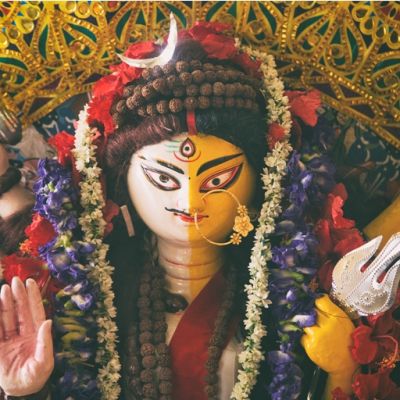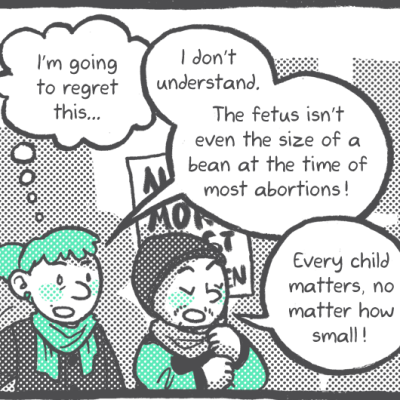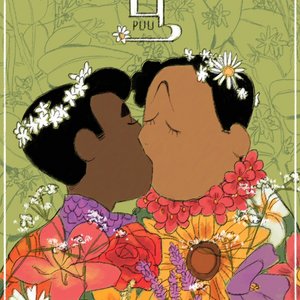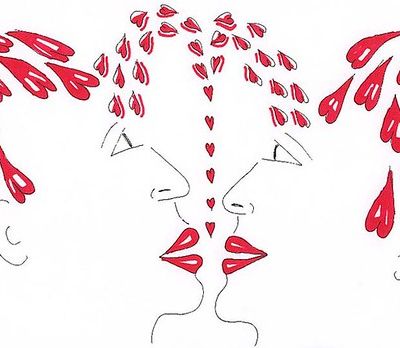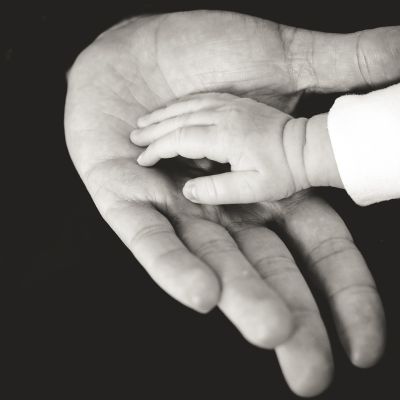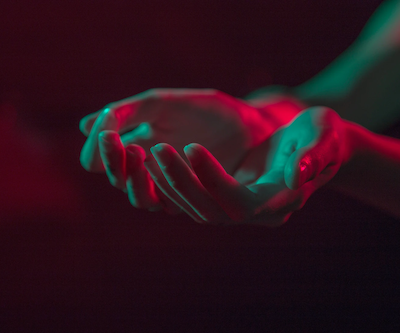Religion
I was a shy kid, coming into my element only at home with my sister. I didn’t like being at social gatherings; large groups of peers or family made me go back into my shell. I never thought this would change, but like everything else, it did. I was surprised to find myself becoming a very sociable young adult, creatively inclined, and the life of any party.
I still remember my early childhood days when we used to get lessons on caste in our day-to-day lives. Coming…
Since all women do not share a common history, agency cannot and need not be located for all in an emancipatory discourse and in the recourse to resistance and subversion. For some, feminist agency and the realisation of one’s potential as gendered actors in the world can come from submitting to a discourse that others deem repressive.
The replacement of the traditional Durga idol by that of the Ardhanarishwara, without any obdurate protest, highlights the true carnivalesque spirit of Kolkata’s most looked-forward-to festival.
Pro-life arguments have invoked faith and religion to decry a person’s right to seek an abortion, and the right to decide what to do with one’s body. But, as Everyday Feminism’s comic, The Hypocrisy of Pro-Life Rhetoric, breaks it down for us, it is not with religion or faith where the problem lies.
Spirituality and sexuality (for most people, if they are not asexual or voluntarily celibate, either of which is their right to be) are both about union. And they are both about deeply personal and intimate aspects of oneself.
We need to claim our spirituality differently and imaginatively. There are many paths to god. For some it might be religion, or science, or sex, or love, or meditation, or art.
Puu, an episodic comic (consisting of 92 serialised episodes) created in 2016 by Nabigal-Nayagam Haider Ali – going by Nabi online – is woven together with vast, expansive threads of similar intense spiritual moments and reflections on devotion, faith, and love.
Spirituality doesn’t have to be esoteric, as in belonging or being accessible only to a few. It is very much a part of our lives, just as sexuality is.
I am going to share a personal queer reading to help put forth what I mean. One day, while I was reading the gospel of John for my family, the final words of Jesus, made me wonder whether Jesus could have been gay.
Family, immediate and extended, is usually who you turn to. They are the ones who provide stress relief and reduce anxiety by boosting self-confidence and self-esteem and providing a protective shield. There is a sense of belongingness in good times and in bad.
Puu, an episodic comic (consisting of 92 serialised episodes) created in 2016 by Nabigal-Nayagam Haider Ali – going by Nabi online – is woven together with vast, expansive threads of similar intense spiritual moments and reflections on devotion, faith, and love.
I believe that queer friendships and intimacies are sheer resistance, which not only swallow the despair and pain that might be perpetrated on gender-nonconforming people by their families, but also recognise all the lies about love that have been sold to us.
For a queer person, or for someone who remains single by choice, everyday existence requires strength and will. That is the embodiment of kun faya kun as a personal philosophy: to manifest the person you want to be through sheer will.
By the end of the evening, the room was suffused with the celebration of singlehood, rather than any explanation or apology for it. It appeared that the solitary life was envied and extolled by those who have opted out of it as well as many who haven’t.

